Given the UK’s Rishi Sunak sacking Suella Braverman for saying what many others would feel – that the police were too lenient towards pro-Palestinian marchers, whom she called mobs – it seems her cardinal sin is to tell the truth as she sees it. She had also previously stated what has become obvious worldwide, that promoting multiculturalism has dearly cost the countries embracing it, that ‘it makes no demands on the incomers to integrate’.
Already a subscriber? Log in
Subscribe for just $2 a week
Try a month of The Spectator Australia absolutely free and without commitment. Not only that but – if you choose to continue – you’ll pay just $2 a week for your first year.
- Unlimited access to spectator.com.au and app
- The weekly edition on the Spectator Australia app
- Spectator podcasts and newsletters
- Full access to spectator.co.uk
Or
Unlock this article
You might disagree with half of it, but you’ll enjoy reading all of it. Try your first month for free, then just $2 a week for the remainder of your first year.

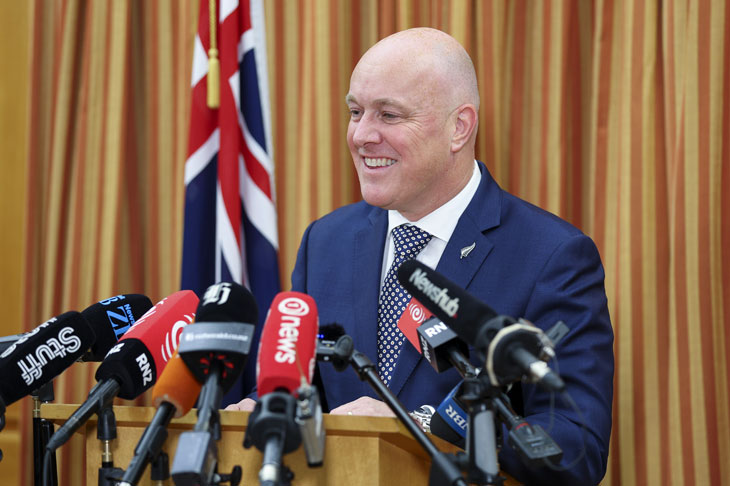
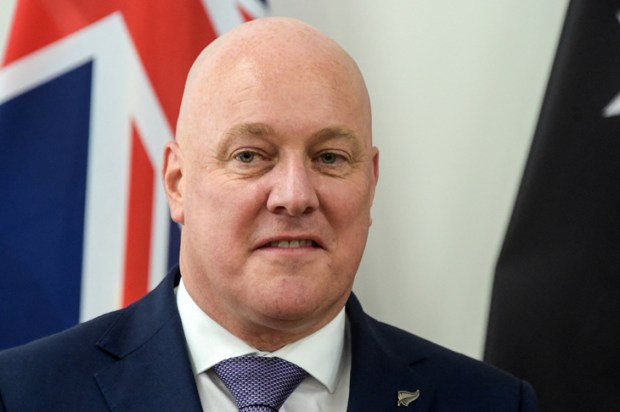
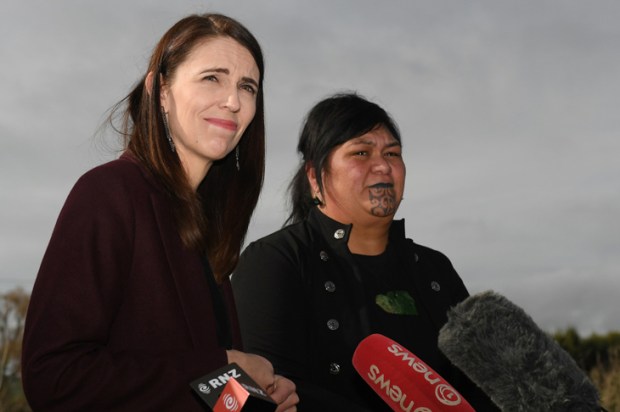
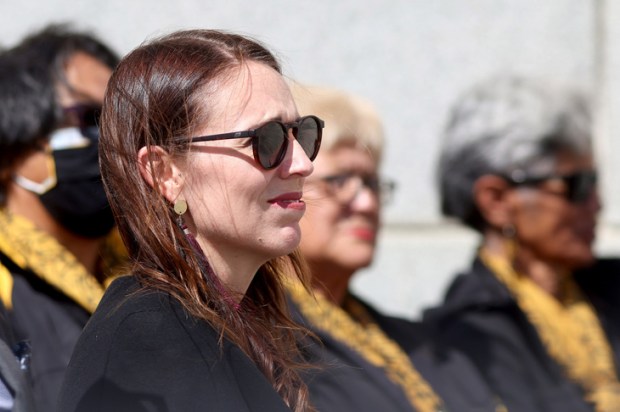
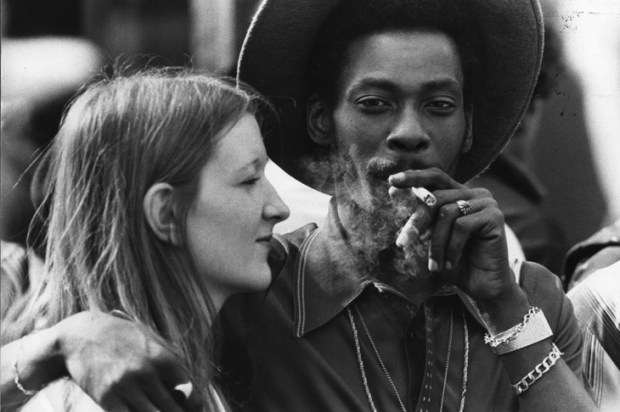








Comments
Don't miss out
Join the conversation with other Spectator Australia readers. Subscribe to leave a comment.
SUBSCRIBEAlready a subscriber? Log in